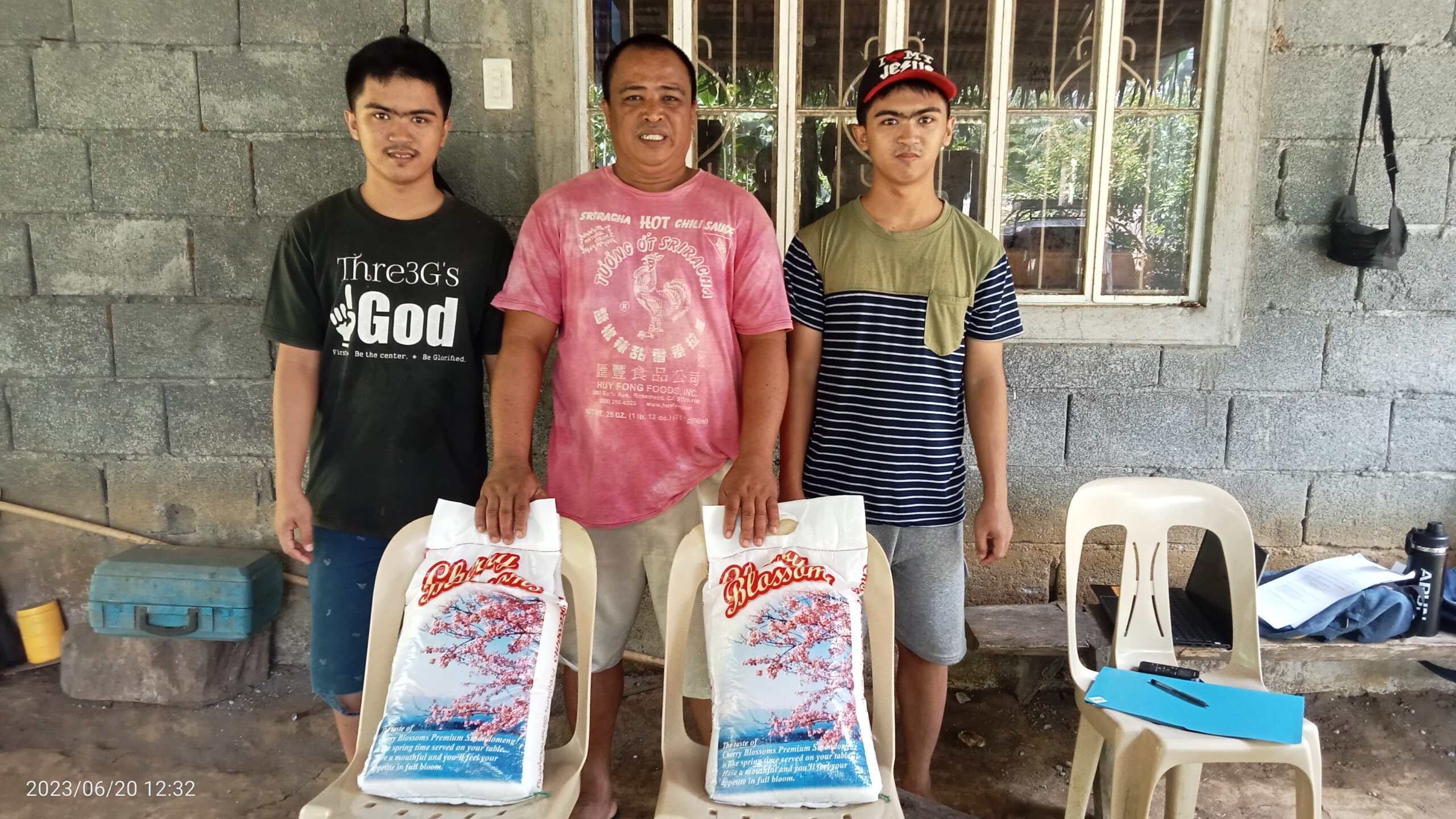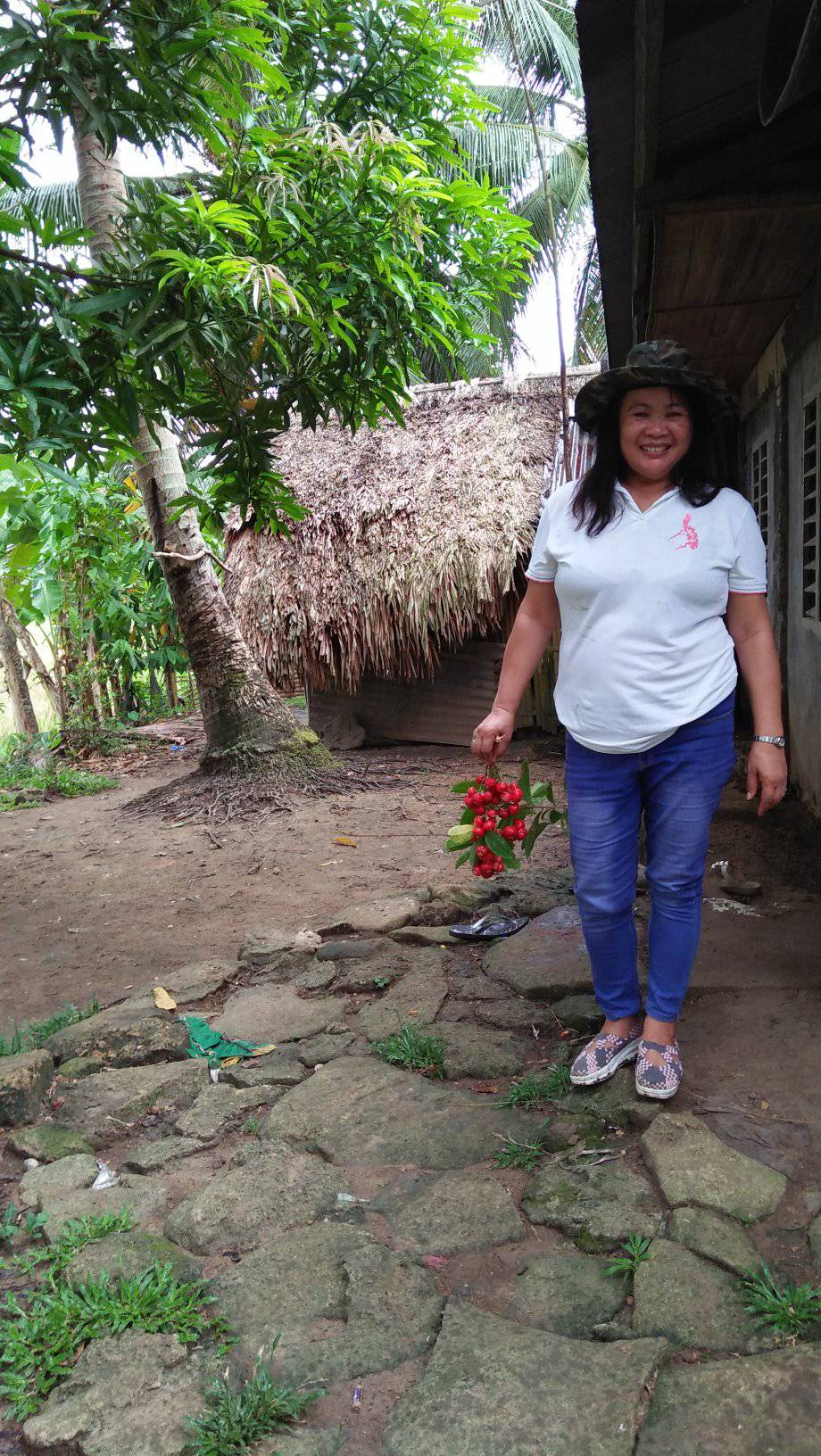Attitudes Matter: national survey of community attitudes toward people with disability in Australia
Stories | September 17, 2021
Around one in six people in Australia live with some type of disability – that’s about 4.4 million people across the country.
The first ever national survey on attitudes towards people with disabilities in Australia finds that while most respondents reported positive attitudes towards people with disabilities, overall, we still have a long way to go to meet our national obligations to the United Nations Convention on the Rights of People with Disabilities (UNCRPD) which declares that full and active participation in society is a fundamental right.
More than 2,000 people participated in the survey, which was undertaken by the University of Melbourne’s Centre of Research Excellence in Disability and Health and developed by people with disabilities who were employed as co-researchers.
Participants responded to a series of questions about not only their own personally held attitudes towards people with disabilities, but also how they observed broader societal or community perceptions. This is important because attitudes towards disability are closely linked to discrimination or exclusion and must be addressed to break down barriers and create a more inclusive society.
The findings are split into four key sections: common beliefs, attitudes about personal lives, behaviour towards people with disabilities, and inclusion of people with disabilities.
In the results spanning commonly held beliefs, the majority of respondents (63%) agreed that people with disabilities are easier to exploit than people without disabilities, which the researchers highlight may reflect deeply held stereotypes about vulnerability and weakness.
Close to a quarter of respondents (23%) agreed with the statement that people with disabilities have less to look forward to than others, and a smaller percentage (20%) held the belief that people should not expect too much of people with disabilities.
One of the questions asked about attitudes about personal lives related to people with disabilities raising children – with 16% of respondents saying they should not and more than 30% undecided.
Behaviour-focused questions found that the majority (78%) of respondents agreed that people are unsure how to act towards people with disabilities and that more than a third (41%) reported that people with disabilities can be treated as if they have no feelings.
Just over 50% of respondents agreed with statements about barriers to inclusivity, including that people with disabilities find it more difficult to make friends and have problems getting involved in society.
Additionally, fewer than half (42%) thought that workplaces were accepting of people with disabilities and only 61% agreed that schools are accepting of children with disability.
Overall, these results point to the fact that there are still discriminatory barriers experienced by people with disabilities in Australian society, and these barriers can prevent full participation in day-to-day life including work, education and community access.
The report’s authors say the data can be used to lobby for more inclusive policies – and highlight an overarching recommendation for all levels of government to invest in co-designed interventions targeted to the sectors and life domains that are identified by people with disabilities as impacting on participation and inclusion.
https://www.cbm.org.au/stories/attitudes-matter
Related Stories

Rise and Thrive: Building resilient communities through inclusive mental health
As the climate crisis accelerates, communities across the Indo-Pacific...

A Father’s Unconditional Love
Allan is a farmer and father of 21-year-old twin brothers, George and Gerald, who together, live in a remote village in the Bicol region...

Estrella’s journey from patient to mental health advocate
Had you asked Estrella from the Philippines what her future looked like five years...
